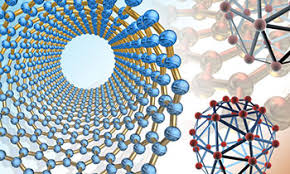Mechanical and Materials Engineering, Department of

Department of Mechanical and Materials Engineering: Faculty Publications
Document Type
Article
Date of this Version
1985
Citation
Optical Engineering, 24(6), 241060 (1985)
Abstract
A microcomputer-based digital image processing system has been developed to count and size laser-generated small particle images. Processing rates of 5 to 600 frames per minute were achieved by utilizing a real-time digital image processor. Particles from 7 to 700 µm in the plane of focus were counted and sized. A major emphasis in this work was to determine the basic problems and limitations involved with using a digital image processing scheme to accurately size particles. Areas that were investigated include the effect of the threshold level on measured particle size, particle boundary diffraction gray-level gradients, and geometric nonlinearities introduced by the vidicon camera. A Laser Electro-Optics Ltd. calibration reticle containing simulated particles from 5.29 to 92.75 µm in diameter was used as the basis for an in-depth calibration process. It was determined that various inherent problems with image processing systems limit their accuracy unless compensation is made. Decalibration techniques were used to correct for these inaccuracies. After correction, an average error of less than 1.0% was found for 25 to 100 µm particles. A 2.8% error was found in the experimentally determined distribution of 52.8 µm polystyrene microspheres.
Included in
Mechanics of Materials Commons, Nanoscience and Nanotechnology Commons, Other Engineering Science and Materials Commons, Other Mechanical Engineering Commons


Comments
https://doi.org/10.1117/12.7973630
© 1985 Society of Photo-Optical Instrumentation Engineers